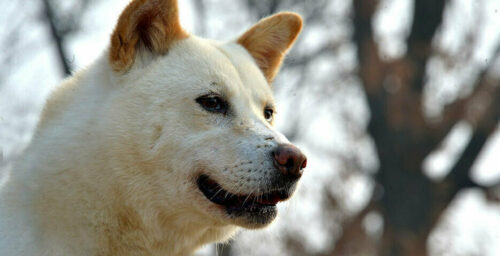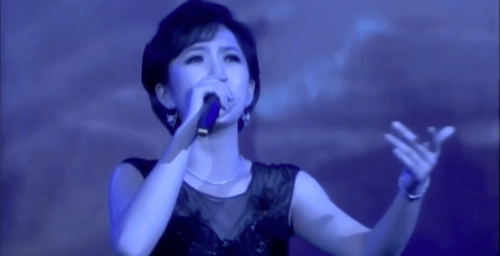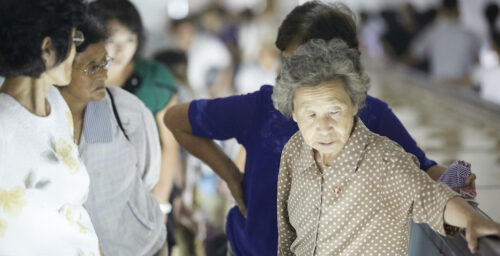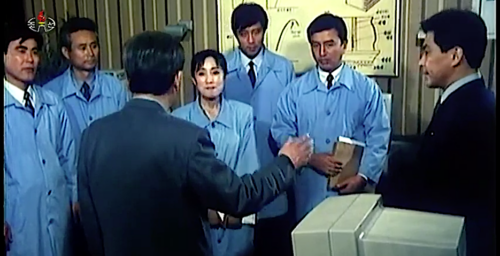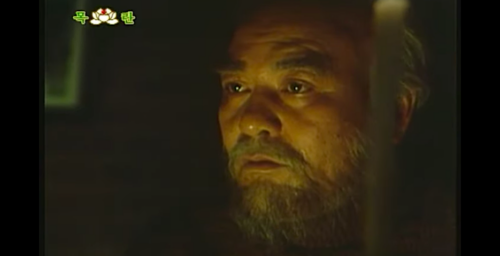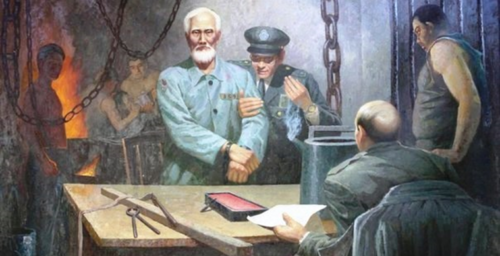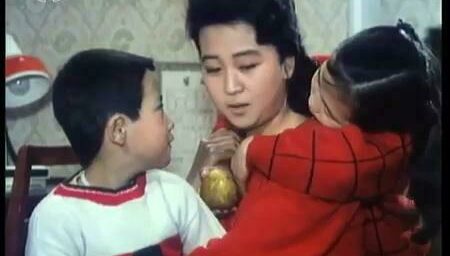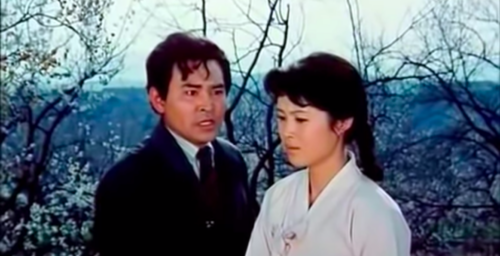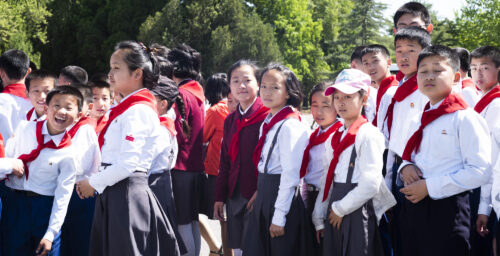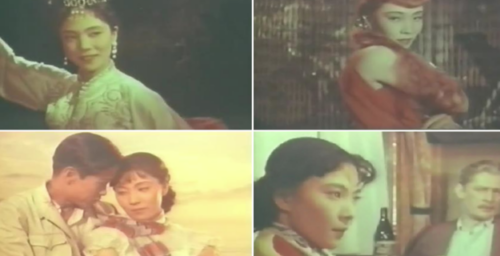About the author
More articles by 'Tatiana Gabroussenko'
How North Korea’s Pungsan dog became a symbol of the country’s ‘proud spirit’
Pungsan dogs are said to be pure, spontaneous, and loyal to their leaders - just like a good North Korean should be
How North Korean pop culture is changing the narrative around the Korean War
Once ruthlessly unsentimental, Pyongyang may be slowly changing its tune
Respect your elders… or not: ageism in North Korean mass culture
Portrayals of the elderly have changed over the decades, and according to the political needs of the leadership
Mad scientists, DPRK-style: geniuses on the North Korean screen
In the Kim Jong Il era, scientists were portrayed as devoted to their work and leader - even at the expense of family
End of an era: Choe Chang Su, the North Korean “people’s actor,” passes away
Hailing from humble roots, Choe became a fixture of the DPRK silver screen under Kim Jong Il
Unconverted political prisoners, and inter-Korean romance, in DPRK fiction
Stories based (very) loosely on the real-life repatriations of prisoners from South to North became popular in the 2000s
Changing narratives of adoption in North Korean mass culture
Following the famine of the 1990s, North Korean films increasingly promoted individuals adopting orphaned children
Shaking the people’s paradise: Ri Chung Gu’s subversive North Korean anti-heroes
Reflecting the changing times, one DPRK writer sought to portray more believable juche apostates
“Kings of the country”: growing up in North Korea isn’t always as bad as you’d think
Children in the DPRK enjoy more freedom and less mollycoddling from parents than kids in the West
“Brothers”: the banned North Korean-Soviet film ruined by Juche politics
A jointly-produced movie, the first of its kind, showed just how strict the DPRK really was



